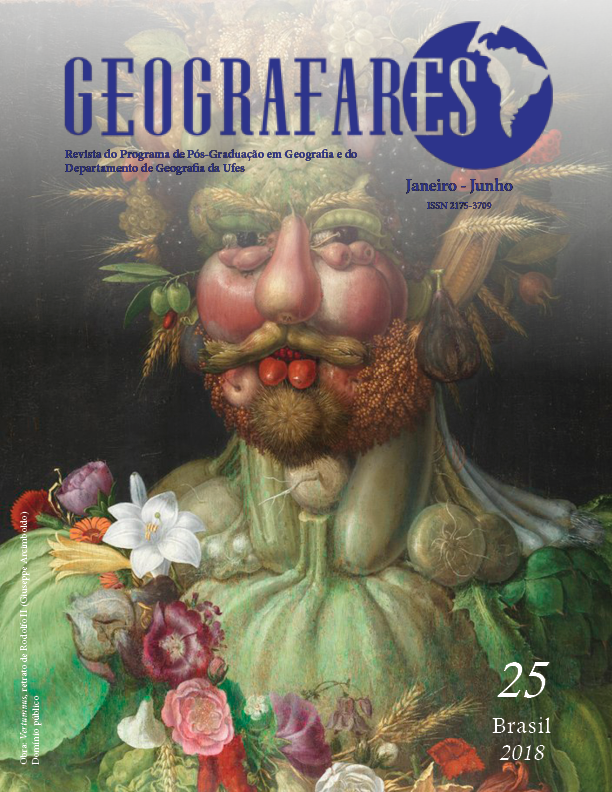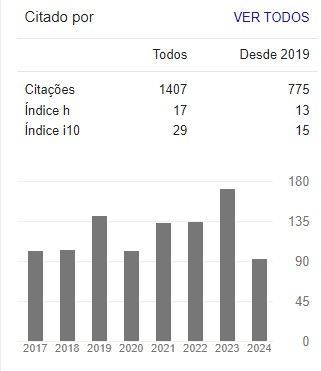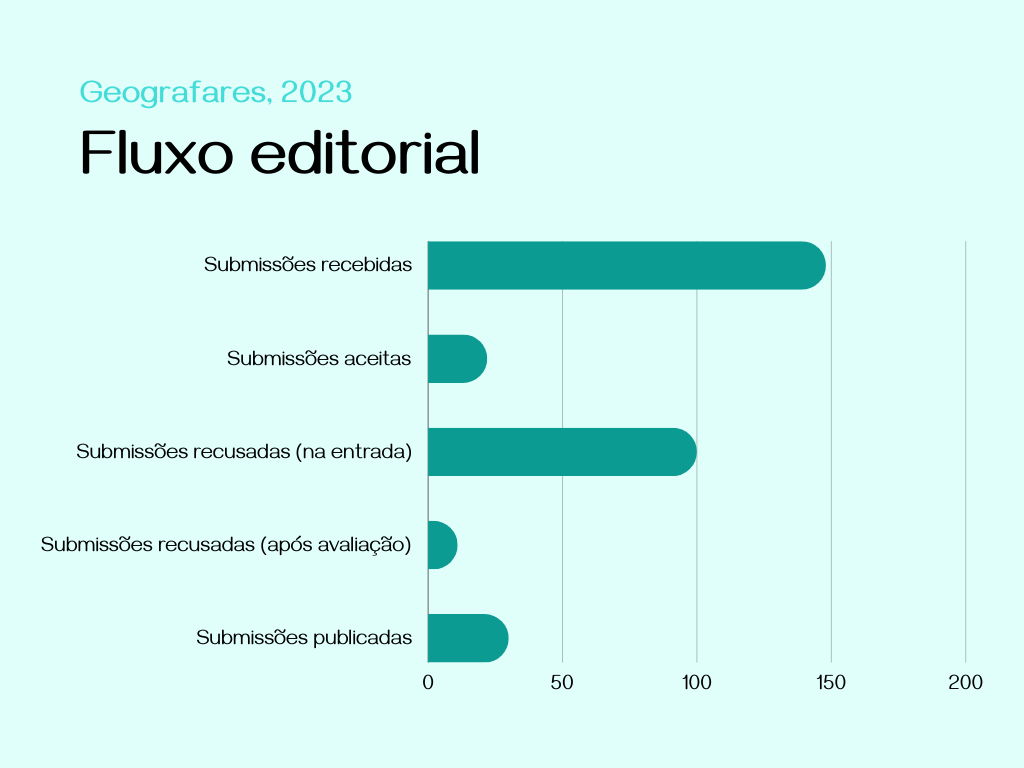Gastronomic identity: immaterial heritage of the catarinense west
DOI:
https://doi.org/10.7147/GEO25.17619Abstract
The objective was to develop and validate a culturally appropriate instrument to evaluate the impact of a pilot intervention program in the food environment to promote healthy eating in small food stores in an urban food desert. A formative research was carried out for the validation of the instrument, including meetings of researchers, visits to all the streets in the study's region to identify food stores, visits to food distribution system agents', community workshops with the local community and in-depth interviews with food store owners for content and apparent validity. Instrument reliability was tested by Cronbach alpha coefficient. The development of the instrument included questions to evaluate the Identification and Characterization of Store; Marketing Parameters (i.e. influencers for including new food itens and frequency of product acquisition and profitability); and Psychosocial Factors Scale (i.e. expectations regarding healthy food sales, expectations regarding impact of intervention, and self-efficacy in relation to the marketing of healthy foods). Validation process allowed a review of all questions and questions' responses, with Cronbach alpha between 0.440 to 0.967 in the final instrument questions. It can be concluded that the instrument was developed to identify relevant characteristics of the food distribution system and can be used in epidemiological studies and public policies to evaluate increase access to healthy foods.
Key words:Validation Studies; Urban Health; Food Environment.
Downloads
Downloads
Additional Files
Published
How to Cite
Issue
Section
License
Copyright (c) 2018 Geografares

This work is licensed under a Creative Commons Attribution 4.0 International License.
Copyrights Declaration
Authors who publish in the journal agree with the following terms:
- Authors will keep their copyrights and grant the journal the right to their first publishing, simultaneously licenced under Creative Commons Attribution License which allows sharing their work with authorship recognition and initial release through this journal.
- Authors may sign additional contracts separately diffusing a non-exclusively version of the paper published in this journal (i.g. publishing in institutional repository or as a book chapter), once citing the authorship and initial release through this journal.
- Authors are encouraged to publicize and diffuse their paper online, for example onto institutional repositories or on their personal websites.



























